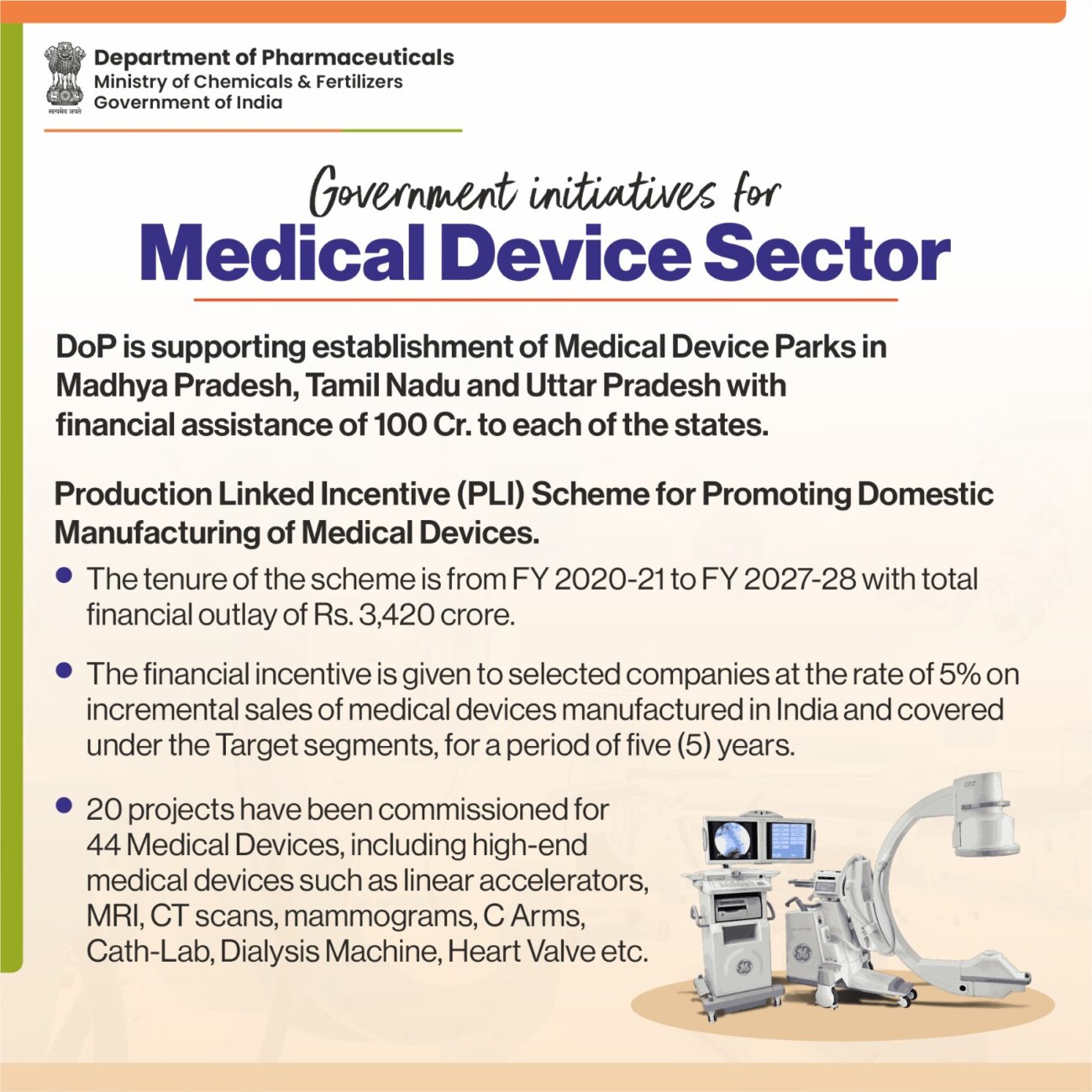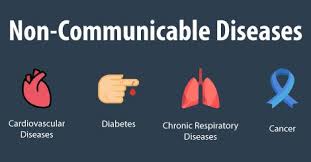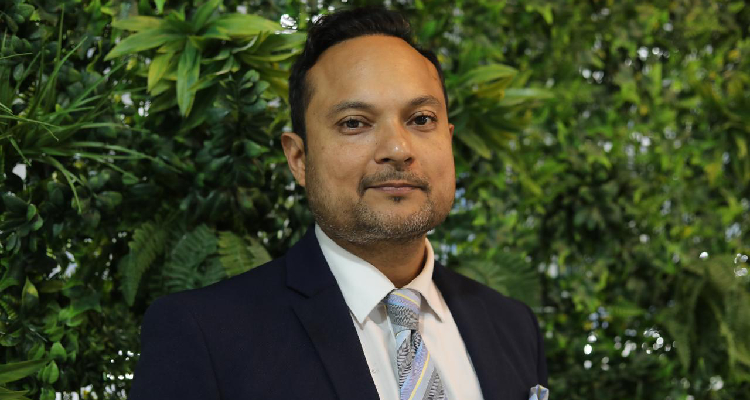ESSENTIAL NUTRITION, ‘DOS AND DON’TS’ FOR PEOPLE WITH KIDNEY CANCER
ESSENTIAL NUTRITION, 'DOS AND DON'TS' FOR PEOPLE WITH KIDNEY CANCER By Mrs. Apeksha Ekbote, MSc, RD, Chief Dietician, NephroPlus ~ As rightly said, a healthy diet is important for every individual. However, for those who are suffering

ESSENTIAL NUTRITION, ‘DOS AND DON’TS’ FOR PEOPLE WITH KIDNEY CANCER
By Mrs. Apeksha Ekbote, MSc, RD, Chief Dietician, NephroPlus ~
As rightly said, a healthy diet is important for every individual. However, for those who are suffering from Kidney cancer, a healthy diet plays a vital role. Having a nutritional and healthy meal pattern after treatment of kidney cancer can help a patient feel better and regain his/her strength. Having said that, many cancer treatments can cause nausea or lead to gastrointestinal problems, eventually interfering with one’s ability to eat and process food normally. In many cases, patients may lose their appetites entirely or even witness mouth sores that can make it difficult to eat anything.
Due to these Cancer Cachexia symptoms, the dietary needs and nutritional importance should be enhanced. Meals planned should be high in calories, protein and should contain immune enhancing foods. While your doctor or dietitian will guide you with the right diet, a patient’s should take care of the Do’s and Don’ts such as:
Do’s
- Eat Healthy Food – A healthy food will help a person’s body restoring normal tissues, infection prevention, and maintain strength and energy. Well-balanced diets include lots of fruits and veggies, whole grains, high biological value protein source like lean chicken or fish or soya products.
- Watch out for protein intake – A body does need an adequate amount of proteins to maintain muscle mass, however, kidney cancer patients need to be aware of how much of it they eat. Generally, the kidneys filter the waste out of your body, but that waste can build up in one’s bloodstream when the kidneys aren’t functioning normally. Hence depending on whether or not one is on dialysis the protein intake may increase or decrease
- Monitor the phosphorus in the diet –While seeds, nuts, and beans that are high in phosphorus can be enjoyed, one should watch out for the quantity of consumption. Phosphorus, which is a chemical element, can build up in one’s bloodstream, especially the kidneys don’t work at full capacity. Limiting Dairy and dairy products to 300ml/day will also help one keep a check on the phosphorus levels.
- Limit your meal quantity during the day – Kidney cancer patient s normally feel nausea, diarrhea, and constipation during treatments, hence you need to adjust how and when you eat. Instead of large meals during the day, consume smaller portions every few hours
Don’ts
- Avoid drinking too much fluids – Since a kidney cancer patient’s kidney isn’t functional at optimum levels, the body might not be able to make urine. Access fluid can cause swelling, high blood pressure, and shortness of breath
- Avoid too much salt consumption – Sodium can cause high blood pressure, which deepens kidney problems. Hence one should find alternate seasonings solutions such as herbs or lemon juice. Also stay away from processed snacks and meats, canned foods, and fast food, all of which can contain a high amount of sodium. Also, read food labels to keep a check on the sodium content.
- Do not assume that all diseases come with the same food recommendations – Do not presume that all cancer diseases have the same diet plan. Diet suggestions can be different for every cancer, so make sure you relook at nutrition information specified for kidney cancer
- Do not stop exercising – Exercise is an important factor for any person who has a specific disease or has undergone surgery. However, it is mandatory to consult your doctor about the type of workout that’s best for you
As your would have understood by now, what’s good to be consumed and not, there can be a variety of eating issues associated with kidney cancer treatments, therefore is it very important to work with a registered dietitian or nutritionist to create a plan that’s best for you. Your nutritionist can help you find strategies to avoid malnutrition or excessive weight loss and find you the right diet to maintain strength, keep your bones and body healthy, and decrease the side effects of your treatment.






